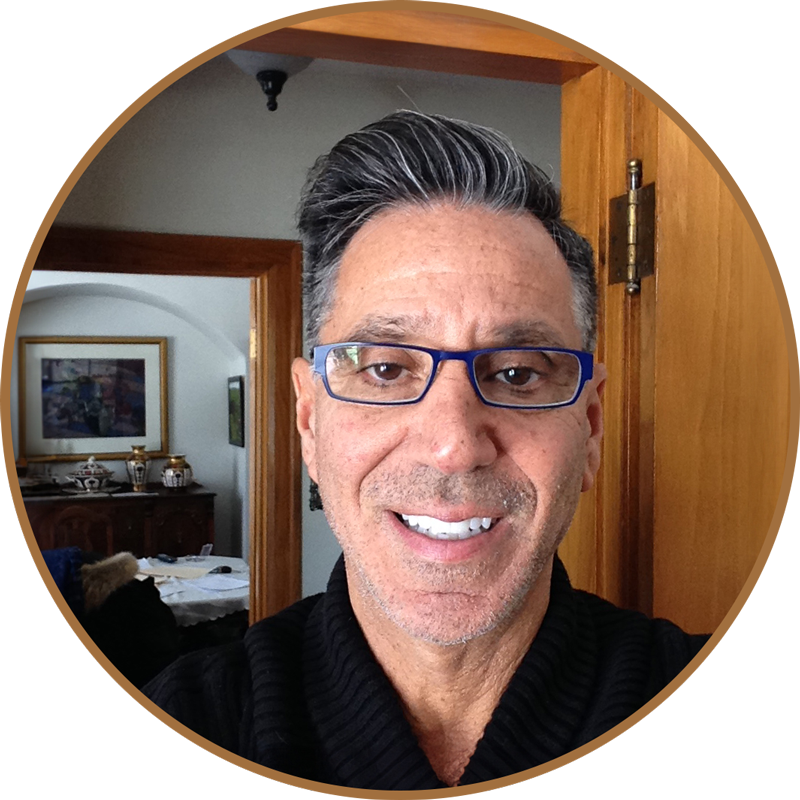The Importance of Vulnerability
What does it mean to be vulnerable?
To be vulnerable is to be human, and it is the essential ingredient for healthy and balanced relationships or friendships. It refers to our willingness to expose our inner world and emotions with another, sharing one’s true self and allowing ourselves the opportunity to be seen wholly and authentically. It is the gift we give others in order to foster valuable connection. However, in spite of the benefits, so many of us struggle with practicing vulnerability in our daily lives. Being vulnerable requires emotional exposure that may evoke a state of uncertainty or perceived risk, and for some, that discomfort makes being vulnerable feel impossible.
Struggling to be vulnerable is a common phenomenon, and there are many reasons we may have a hard time with it. Our relationship to vulnerability is influenced by so many factors that need to be considered . I often ask my clients to explore the lessons they may have been taught either consciously or unconsciously regarding vulnerability. We can find out so much about ourselves and our limitations by asking ourselves the following questions:
- What messaging did I receive as a child around expressing my emotions?
- Was I shamed for being vulnerable or did I feel accepted?
- Do I perceive vulnerability as a strength or a weakness? If I see it as a weakness, what do I think influenced this belief? Was it communicated by my peers? The media? Gender norms? Generational beliefs?
We are allowed to set boundaries and determine who we share our vulnerability with, but when we avoid it altogether we do not allow ourselves to be truly seen or known. This is one of the benefits of good therapy. We learn to open up in a non judgmental space that is contained for our emotions, and can then challenge ourselves to slowly carry that skill out into the world within our personal relationships. I feel humbled and am constantly in awe of my clients’ ability to be vulnerable in sharing their inner world and emotions with me. I am also accepting and encouraging of the clients who struggle with it, and work to provide them with tools to practice vulnerability.
Although some of us may have been taught to perceive expressing our emotions as a weakness, in my practice I believe this could not be further from the truth. Vulnerability is a strength, and it is a strength that comes with many benefits. Vulnerability encourages us to foster deep connections or relationships with others. When we keep our inner world hidden, it becomes impossible to feel fully seen or accepted by another, and the relationship remains surface level and likely quite unsatisfying.
For a relationship to feel satisfying, there is a necessary level of safety that needs to be felt within it. When we choose to practice vulnerability, we offer relationships the chance to grow into safe havens for our thoughts and emotions. To express our vulnerability is also to demonstrate to the other person that we are a safe space for them to do the same.
In therapy, we often discuss the concept of “rupture and repair”. This refers to the notion that conflict is normal and inevitable in any relationship, and the repair process that comes after conflict is essential to whether safety within the relationship becomes established. When we hold the belief that being vulnerable about our emotions will only ever cause conflict, we may find ourselves avoiding emotional exposure as a way to avoid conflict altogether. We then never get to experience the “repair” part of the process, and we may find ourselves holding onto resentment and worry, unbeknownst to the person we are close to. Even when it feels scary, and a lot of the time it does, if we never challenge ourselves to be open about our true feelings, we ultimately miss out on the really wonderful benefits that come from the vulnerability within the “repair” stage. Vulnerability also helps us foster empathy by becoming better attuned to the experiences and emotions of others.
Therapy provides a safe and supportive environment to explore vulnerabilities without judgment.
We learn through our therapy that it is okay to have imperfections and difficult emotions. By practicing the art of vulnerability, we give ourselves the opportunity to face our humanity and recognize that we are never truly alone in our struggles.





